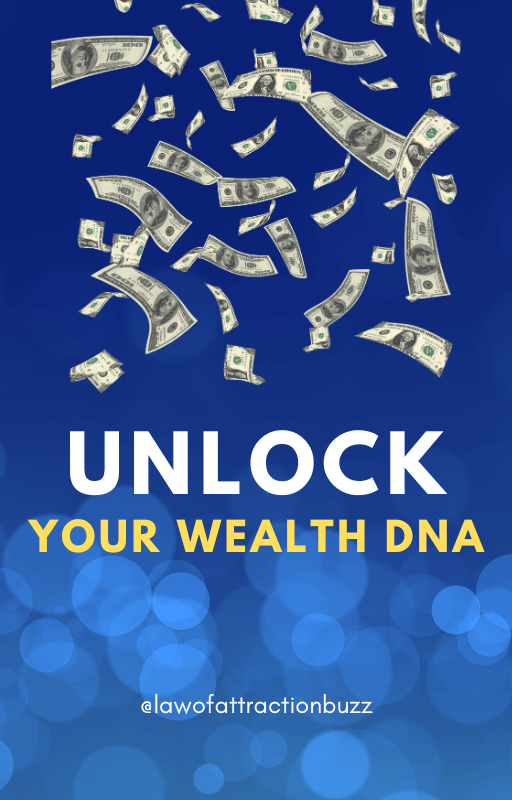Unlock Your “Wealth DNA”
This free PDF will teach you how to free yourself from the limiting beliefs that are holding you back subconsciously. In turn, you will be able to start attracting the abundance you deserve.
(100% Free Download)
00Hours00Minutes00Seconds

Contact | Privacy Policy | Terms and Conditions
